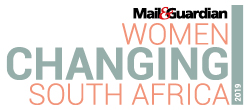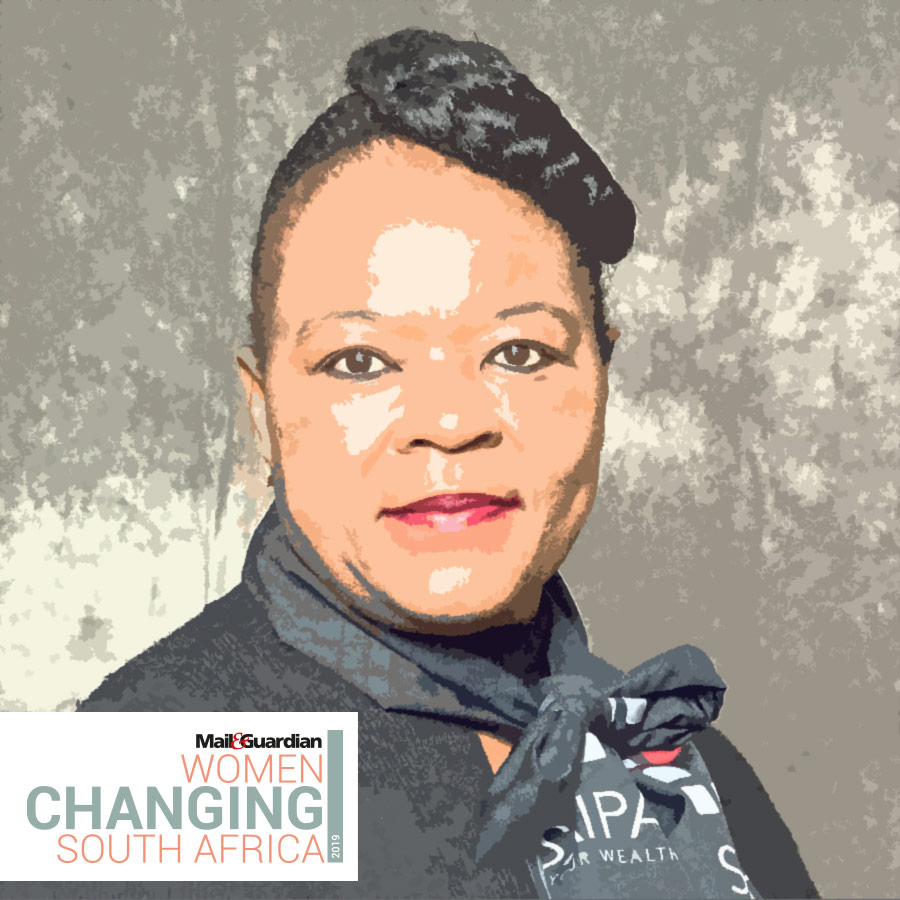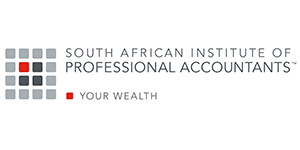| Technical & Standards Executive — South African Institute of Professional Accountants |
Faith Ngwenya almost didn’t end up in the accounting field. The current technical and standards executive at the South Africa Institute of Professional Accountants (Saipa) says she didn’t consider accountancy as a career while she was in school; instead, she wanted to become a doctor.
When I was doing my standard 7 (grade 9), my accounting teacher wouldn’t hear anything about me not taking accounting. That’s how I was pushed into studying accounting.
Even though the subject was not her first choice, after going to the classes, Ngwenya says she began to enjoy the subject and her love for accounting grew. “That’s how I ended up [studying accounting] even at university — I just knew I wanted to be an accountant,” she says.
Ngwenya studied a Bcom degree, which she completed in 1987. She worked at Unilever for eight years and completed her honours through Unisa during this time. She then went on to teach at the Mangosuthu University of Technology (MUT). “I completed my Masters while I was still at MUT,” says Ngwenya.
After lecturing at MUP for many years, she relocated to Johannesburg to take up a position as a senior lecturer in accounting. She has worked at Saipa since 2010.
“What actually struck me when I joined Saipa and decided to interact with other technical and standards executives in the profession, [is] I realised what a niche position it was,” says Ngwenya, adding that there are very few women in this role, especially in Africa.
Ngwenya says she enjoys her work. “I thoroughly enjoy the technical aspects of the work. It is a field that is evolving all the time,” she says. And she appreciates that she gets to continue learning while working in this field.
But Ngwenya says the work isn’t without its challenges. “You have to keep abreast with everything that is happening, both in the accountancy field, with international accounting standards, [and in terms of] the legislative changes that take place. You also have to be able to impart that knowledge,” she says.
Ngwenya is responsible for keeping Saipa members updated about any changes to policy in the accounting field. She is also in charge of assessing policy changes. When there is an amendment in the accounting framework, she and her team at Saipa are responsible for unpacking it to see whether it is fit for the profession. Her unit also assists smaller companies to ensure that their voices are heard in the policy discussions.
“I am quite interested in seeing the developments: when one sees that change in behaviour of accountants and tax practitioners, it is really quite exciting,” she says.
Ngwenya notes there are more female commerce students than male students, and emphasises that those female students need role models. “It is a lot easier for a female student to interact with other women,” she says.
“The more women you have in these technical and standard settings positions, the more you are going to get the legislation and new standards that will be accommodative of the broader society,” she says.
Ngwenya believes it’s not a secret that “a woman can do a lot more than you can find with our male counterparts” and that this should be considered when shaping accounting policy and the accountancy curriculum.
— Fatima Moosa
Twitter: @zandi_ngwenya


